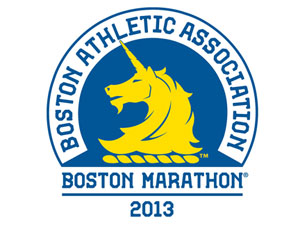Public's right to know
I write this shortly after the Boston Marathon bombings. As a serious runner, and former marathoner, I appreciate the work it takes just to be in that race. Boston is a race for which you must qualify, not just pay an entry fee, so there’s measure of specialty to even be there.

I watched the many replays of the first explosion and was especially moved by runner Bill Iffrig, 78, who was literally blown off his feet by the blast wave. Yet, he got up and continued to the finish line.
Other runners were not so fortunate. Although none were hurt, the race was stopped and thousands of runners were deprived of the joy and affirmation of completing this year's Boston Marathon.
As the events unfolded over the following 48 hours, one point was echoed to me as an observer. What must it be like for reporters and journalists in the middle of such an event, one where the government takes increasing control of both access and information?
There were certainly more unknowns than knowns. And a bit of Monday morning quarter backing allows me to say many of the major networks and their big-time reporters simply got it wrong.
And the Internet? It was full of tin-foil hat authors. The sky is falling for sure, well maybe.
However, my friend Evan Sirof pinged me shortly after the capture of Dzhokhar Tsarnaev with an interesting question.
The professional video industry's #1 source for news, trends and product and tech information. Sign up below.
Suppose your camera crews were covering a similar event and authorities decided, much like in Boston, to declare Martial law. If a cop shouts “Turn off that camera”, would you tell your crews to comply? Or, would you say “Keep recording”?
That poses the larger question.
Does government’s ability to control the capture of information, override the public’s right to know what’s going on?
Your thoughts?
